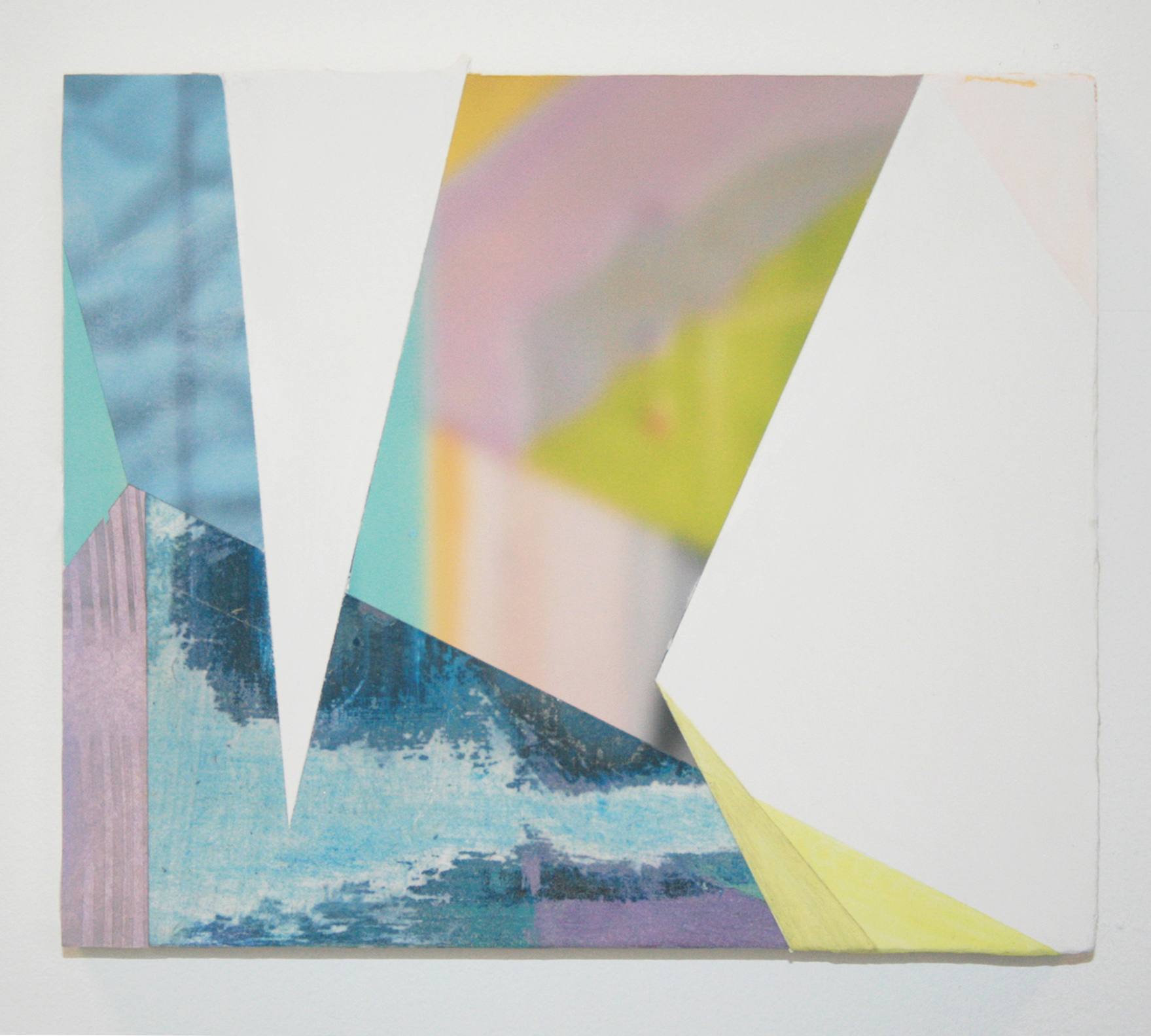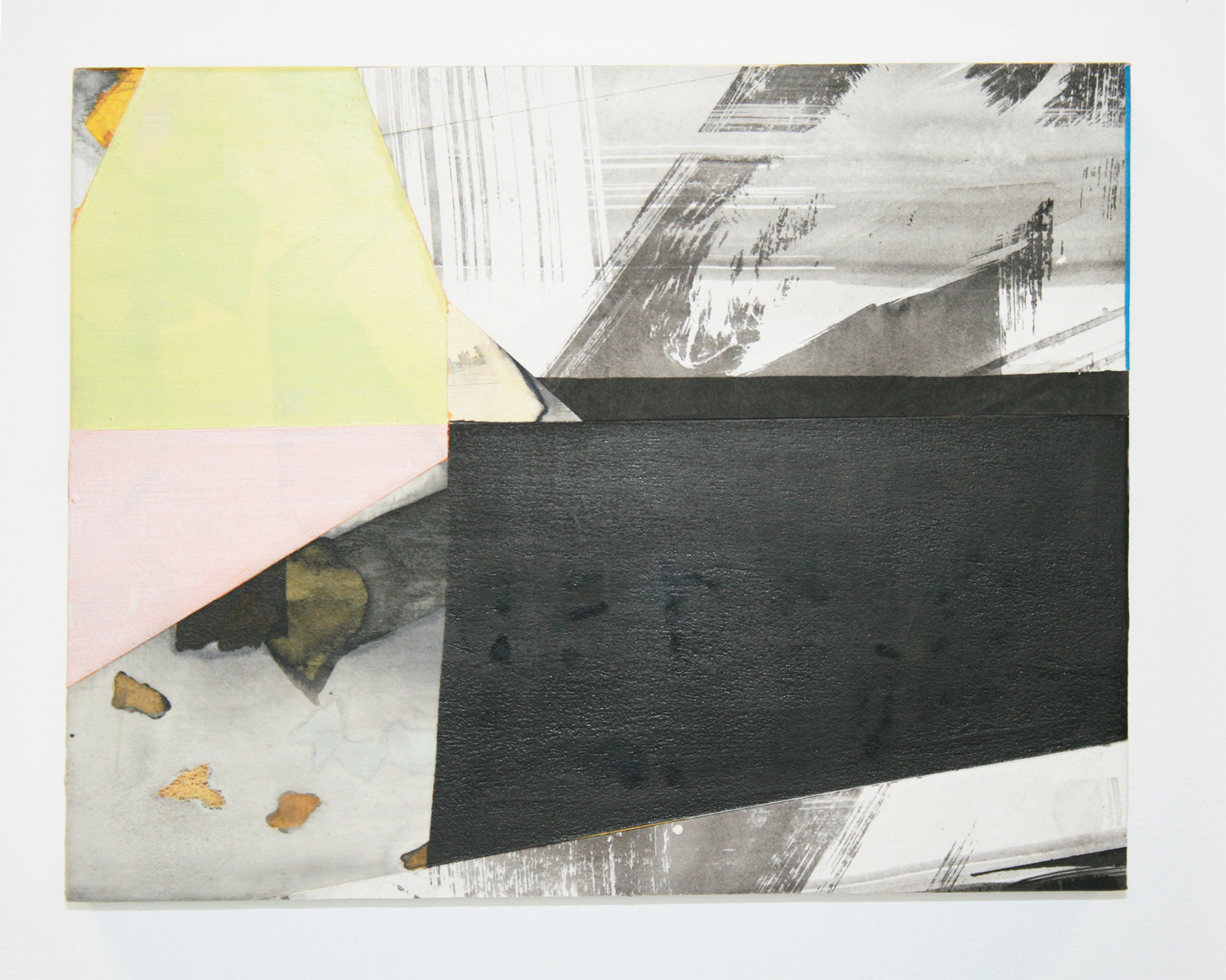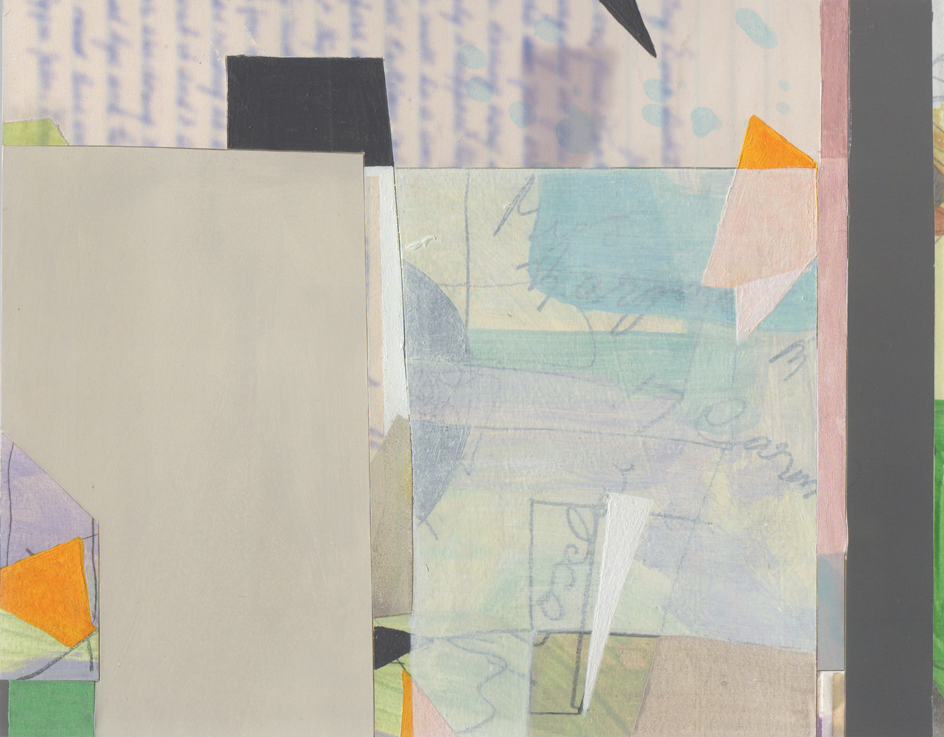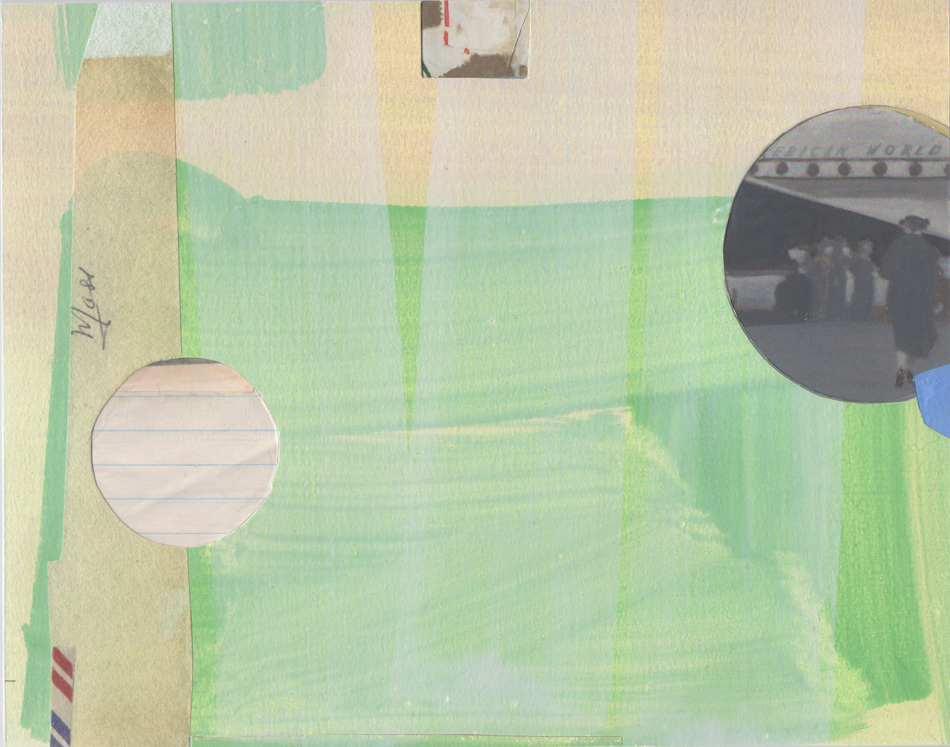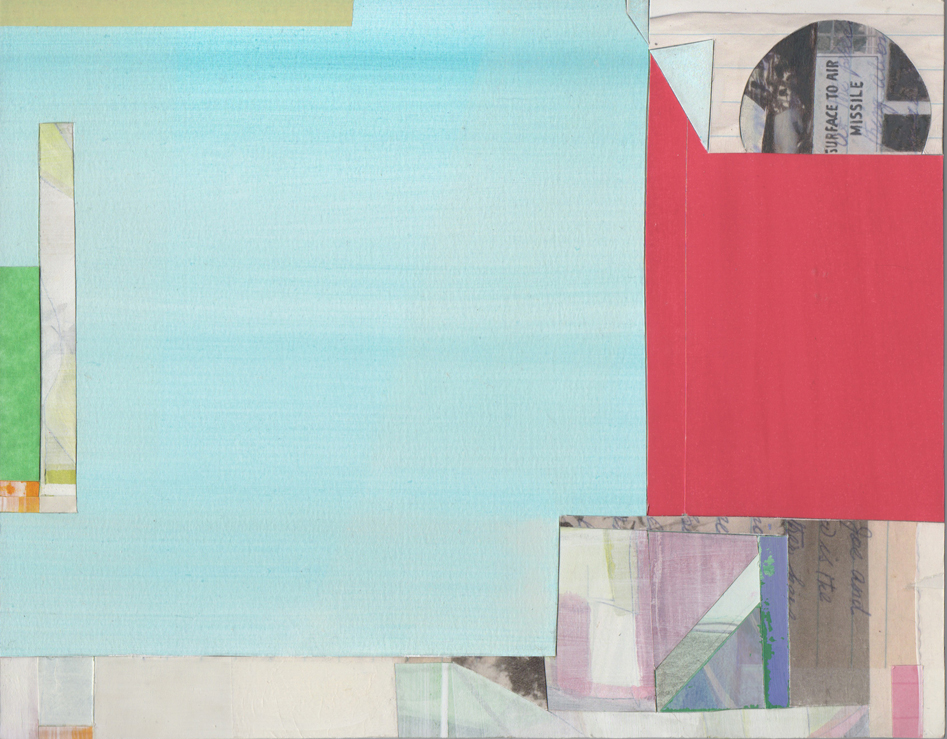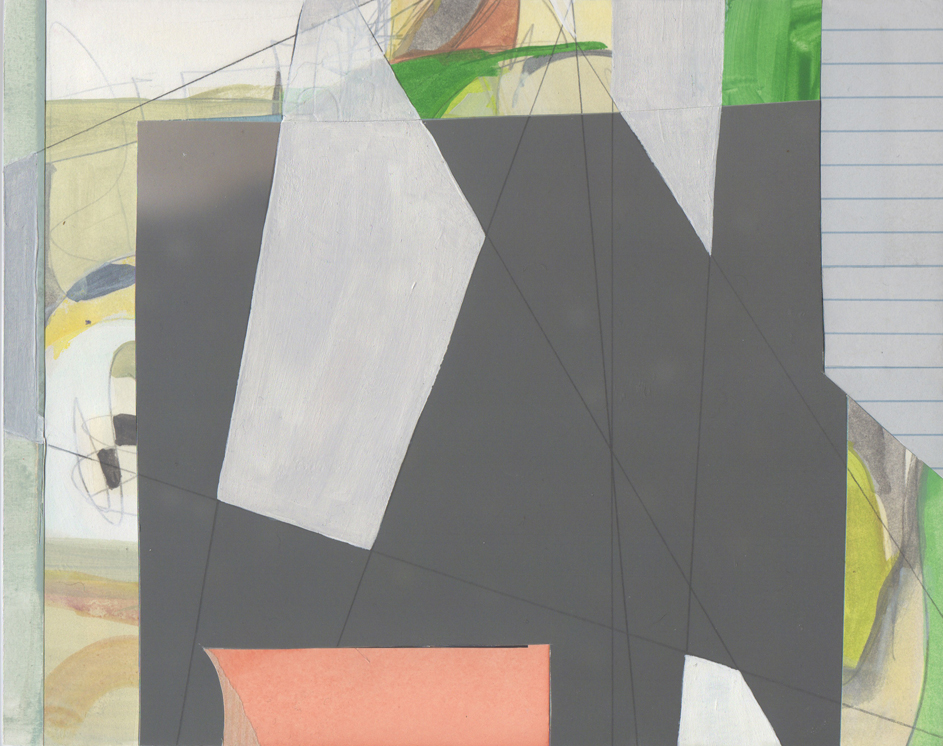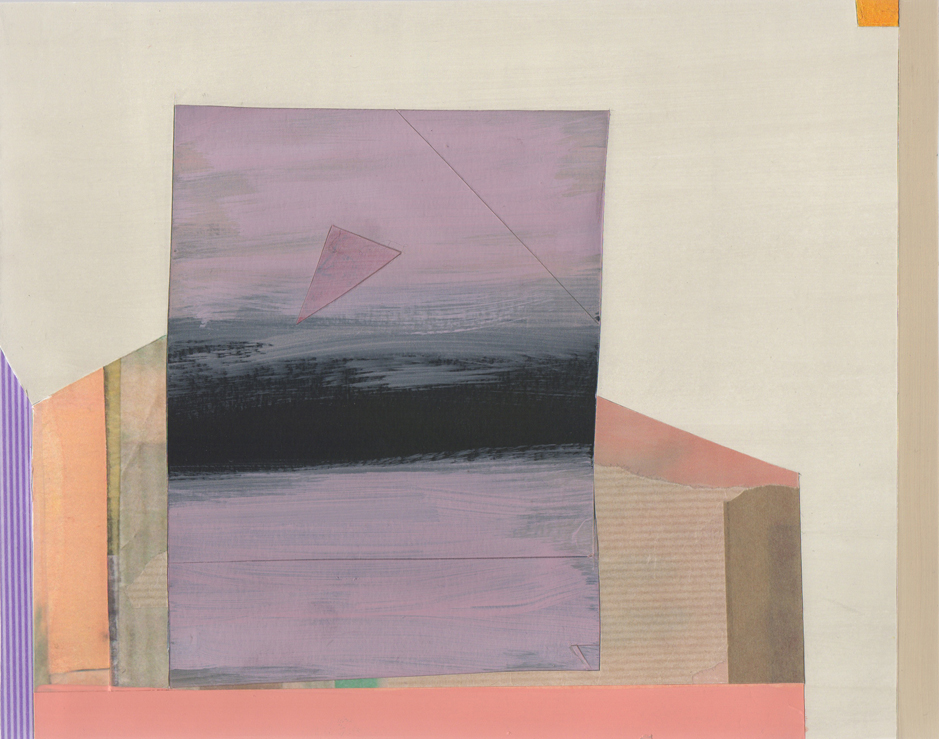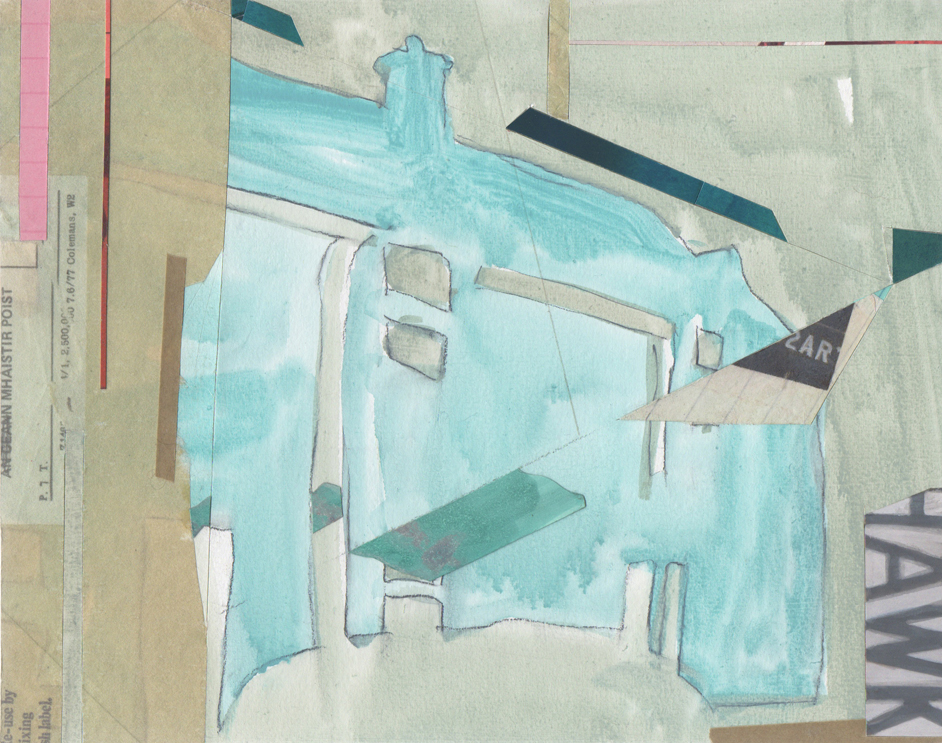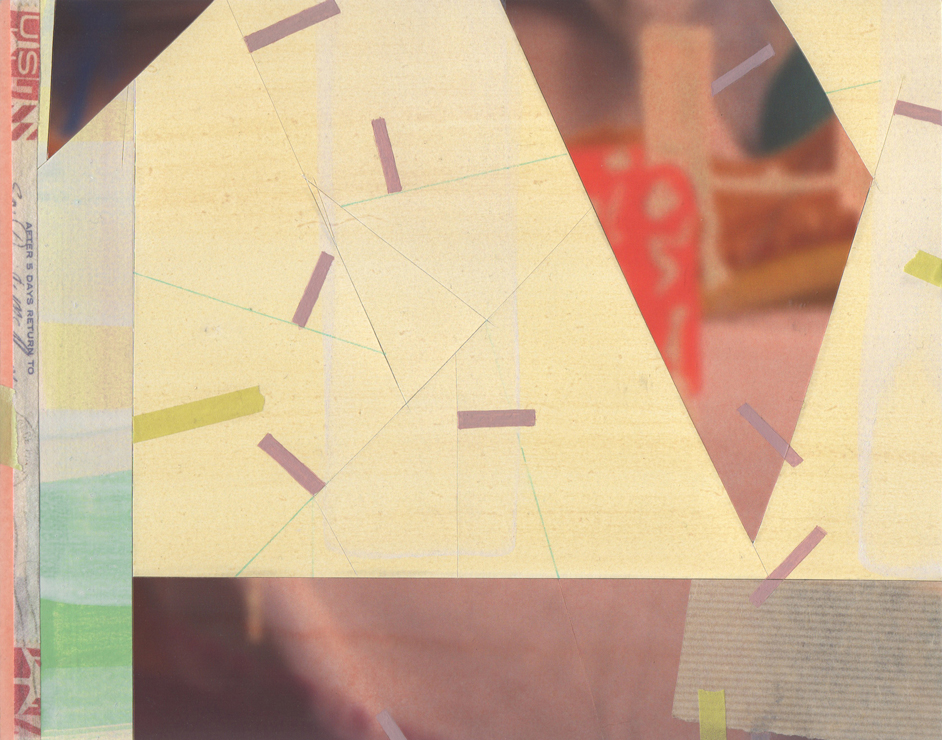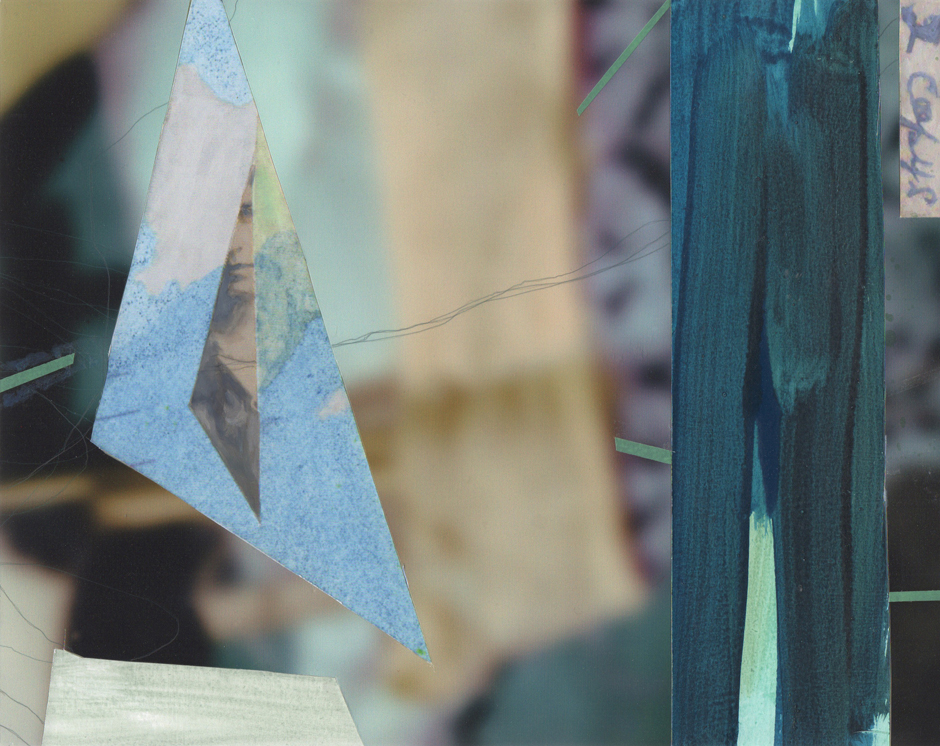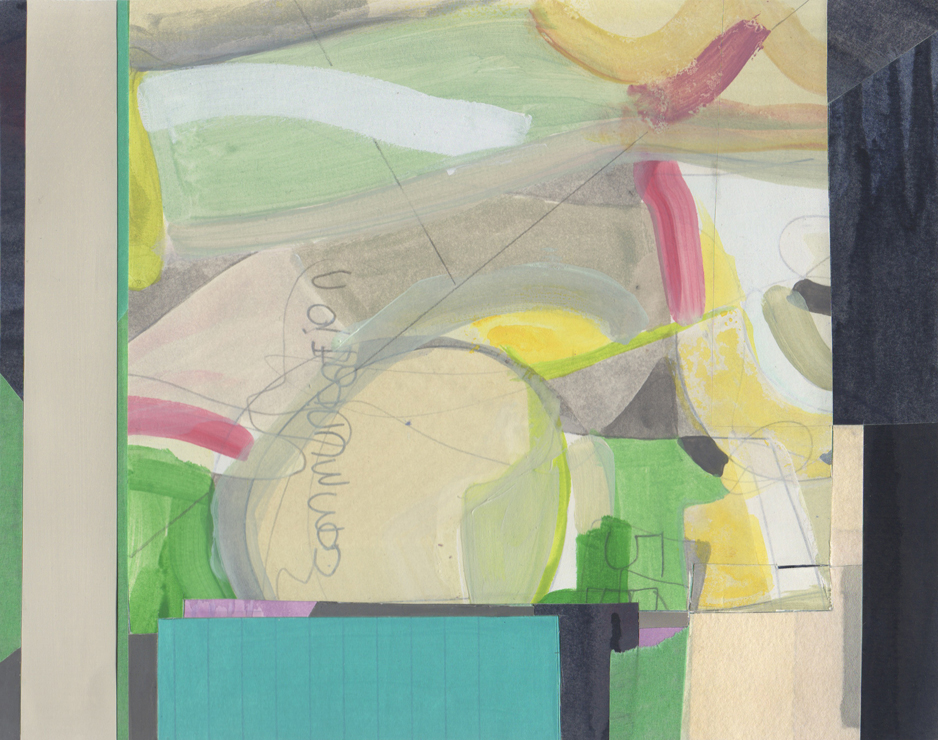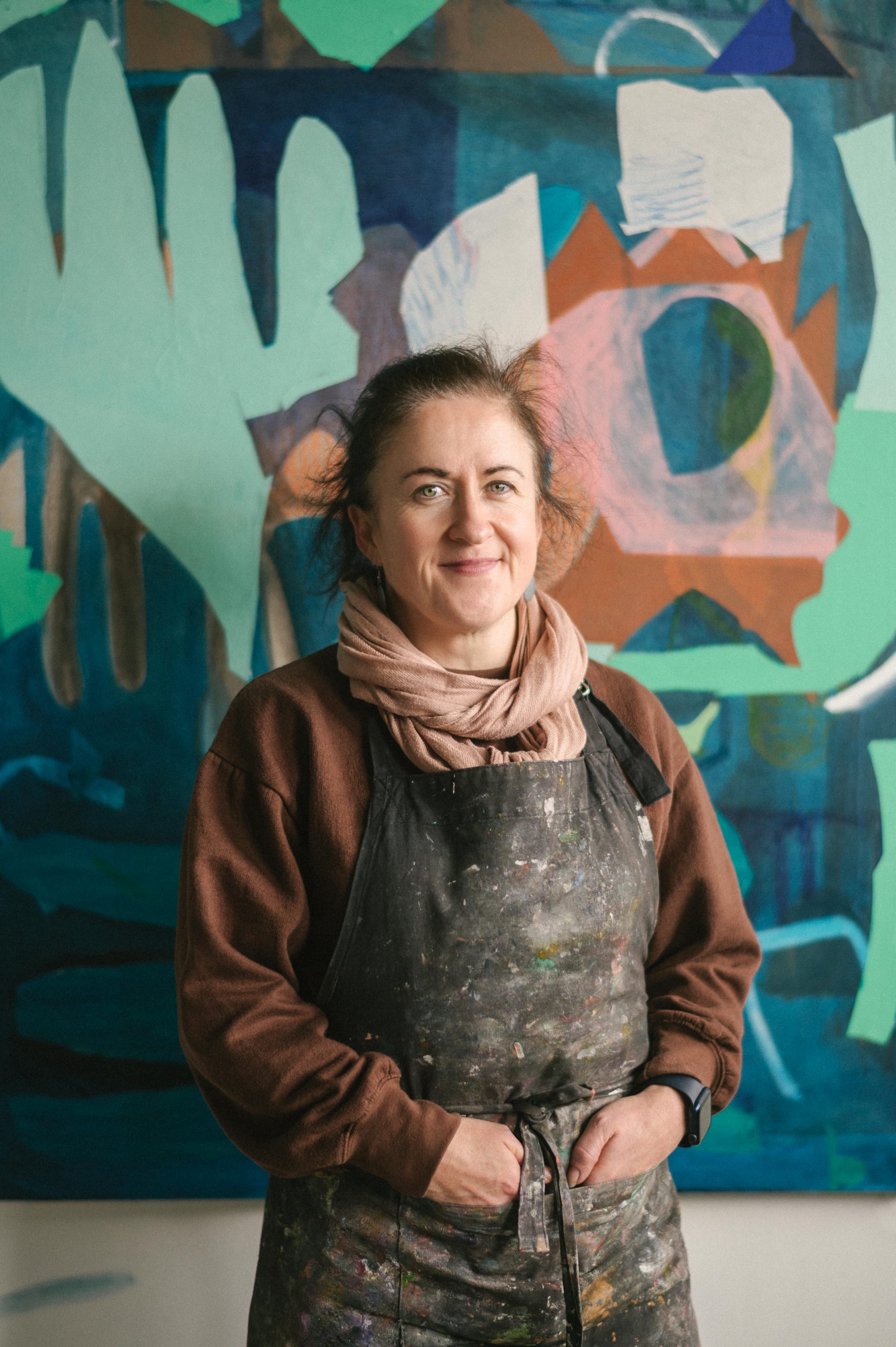
Majella Clancy
Born in Co. Leitrim Majella Clancy completed an MFA at Ulster University (2006) and later completed a practice led PhD (2012) that examined gendered space through paint and print practice. Recent exhibitions include: How the Image Echoes, PSSquared, Belfast (2019), Impact 10 International Printmaking Conference, Santander, Spain (2019). Forthcoming group exhibitions include Munsterland Print Festival, Kloster Bentlage, Rheine, Germany (2019), Artmill Gallery, Plymouth (2019). Recent publications include: Clancy, M. Felmingham, S. ‘Meshwork, Correspondence and The Middle Voice’, in Impact 10 Print Publication, Centre for Fine Print Research (UWE), Bristol (2019). Forthcoming publications include: Clancy, M. Felmingham, S. ‘Drawing Out: Encounter, Resistance, Collaboration’ in Drawing Research Theory Practice, Intellect, UK, (2019), Clancy, M. ‘The Thinking I: Self, Materiality and Paint Practice’, in Teaching Painting: A Publication, Cambridge Scholar, UK, 2019.
My Irish rural background acts as a starting point to examine ideas of space, place and history. Working with photographic imagery and found material references I employ strategies of gathering and reusing as a material process to examine and interpret ideas of landscape, experience and place. Working across a hybrid paint/print practice I am interested in painting and printmaking as critical tools for unravelling and remaking in physical ways. I am interested in language rooted in the everyday and the vernacular, and the way in which it can be folded into and become a language for painting.
My practice looks to Marianne Hirsch’s description of ‘postmemory’ as a structure for understanding inter and transgenerational return of knowledge and embodied experience. In particular I am drawn to the ‘after’ and ‘gaps’ in knowledge by examining found (photographic) imagery and material research relating to the Irish landscape. Cutting across figuration and abstraction (and more recently text) my practice seeks to address the way in which painting (in an expanded sense) can ‘speak’ to and from history, enabling ideas of transformation, re-imagining and other narratives to unfold.
Majella Clancy
